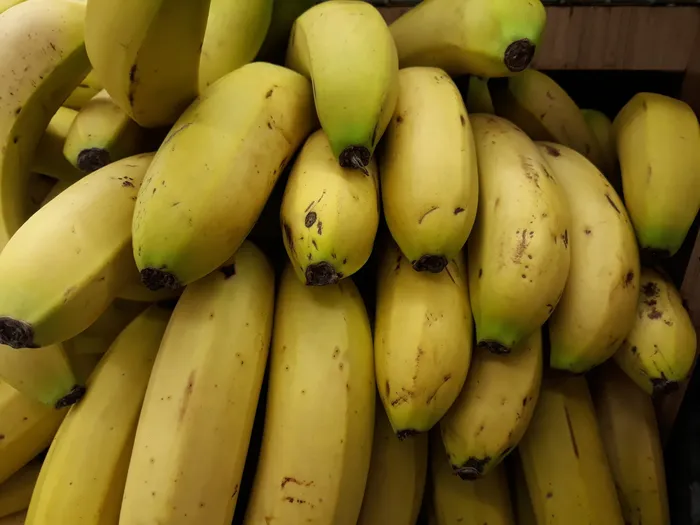South Africa and Tanzania strengthen ties with lifted import ban on agricultural products
AGRICULTURE

Minister of International Relations and Cooperation, Ronald Lamola responded well to news of Tanzania’s lifting of the import ban on South African agricultural products.
Image: File photo/Independent Newspapers
Minister of International Relations and Cooperation, Ronald Lamola, has welcomed Tanzania’s decision to lift its recent import ban on South African agricultural products.
Announced on Saturday, the resolution reflects the effective dialogue established between Lamola and his Tanzanian counterpart, highlighting the enduring strength of the relationship between the two nations.
“We agreed to facilitate the resolution of all outstanding issues,” Lamola said.
“This outcome demonstrates that the diplomatic route remains the most effective path to resolving challenges. Together, we prove that cooperation and mutual understanding can unlock shared opportunities.”
The announcement comes as Tanzania commemorates its 61st anniversary of unification—a significant milestone celebrated on 26 April, the day in 1964 when Tanganyika and Zanzibar merged to form the United Republic of Tanzania.
Lamola hailed this occasion as a “beacon of pan-Africanism,” pointing out that Tanzania’s progress continues to inspire the continent.
Drawing parallels with South Africa’s own preparations for National Freedom Day on 27 April, Lamola remarked, “Their story reminds us that progress is born from solidarity, and our destinies as African nations are intertwined.”
He expressed hope that this diplomatic resolution would pave the way for enhanced collaboration between the two countries, as both work towards fulfilling the aspirations of Agenda 2063: The Africa We Want.
However, the context surrounding the lifted ban involves a complex agricultural trade spat initiated by Tanzania's Minister of Agriculture, Hussein Bashe.
Following a dispute over South Africa's import restrictions on Tanzanian bananas, Tanzania temporarily banned agricultural imports from South Africa.
Wandile Sihlobo, the chief economist of the Agricultural Business Chamber of South Africa (Agbiz), indicated that the ban was part of a broader concern regarding Tanzania’s exportations—a situation further complicated by the fact that only 0.4% of South Africa's agricultural imports in 2024 originated from Tanzania.
Sihlobo noted that while Tanzania is a notable player in certain agricultural commodities, South Africa largely relies on other sources for bananas, with Mozambique accounting for 74% of the market share.
Despite this intricate backdrop, Sihlobo emphasised South Africa’s intention to foster stronger regional agricultural trade and maintain open channels of communication.
“It is not just applied to Tanzania but to all countries. This partly explains why South Africa has not imported a notable volume of bananas from Tanzania in over two decades,” he said.
“When examining South Africa's banana imports, it is clear that to supplement domestic production, the country relies heavily on Mozambique, which accounts for 74% of the $48 million (R897m) worth of imported bananas.”
Sihlobo said that Tanzania's main agricultural exports to South Africa were tobacco, tea, nuts, coffee, and ginger, not bananas.
Sihlobo said that he believed the whole issue may result from inadequate communication and engagement rather than a deliberate attempt to restrict trade. Thus, he said the trade friction might stem from miscommunication, rather than a deliberate attempt to restrict trade between the two nations.
This perspective highlights South Africa’s ongoing commitment to collaboration, knowledge-sharing, and enhancing regional value chains. This is the same approach South Africa shared with Botswana when the country temporarily restricted the imports of South African vegetables and fruits.
BUSINESS REPORT